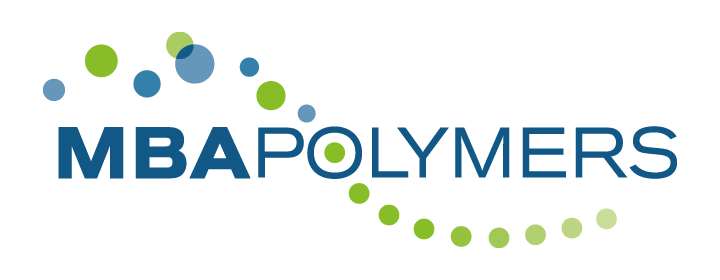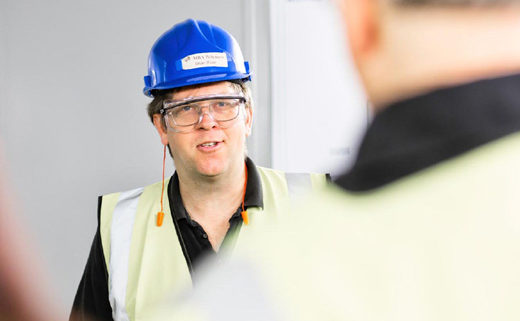End of Life Plastics: catalysing commercial markets and new technology for plastic waste
This year’s End of Life Plastics conference, held in Cologne, Germany, from 4th-6th June, drew more than 80 delegates from all corners of the waste and recycling industry to discuss the pressing commercial and technical challenges surrounding waste plastics. The audience heard from representatives of SITA, 3M and more, as well as our own Research and Development Director, Brian Riise, who spoke about how to convert the supply chain into a ‘supply cycle’.
With business leaders scrambling to identify the best way to reuse waste and embrace a circular economy approach, ‘rubbish’ is increasingly being seen as a valuable commodity. This in turn is developing a rapidly growing global trade in recycled goods, particularly as legislation on waste and recycling becomes tougher and brands perceive a commercial value in marketing goods made from recycled materials.
Over the years, we have made significant advanced in recycling plastics technology. However, with plastics continually changing, new methods will be needed to separate different types of plastics (such as bio-based plastics) and deal with contamination and degradation.
Some of the alternative solutions discussed at the conference were complete chemical closed loop recycling to re-synthesise new plastics from recovered chemicals, energy from waste, and plastics to other chemical products, such as diesel fuel.
Brian Riise’s presentation was entitled ‘Closing the loop: turning the supply chain into a supply cycle by mining plastics from end of life durable goods’. It outlined the current linear business model for manufacturing plastic and suggested that everyone would be better off – manufacturers, recyclers, society and the environment – if a radical approach were taken to processing plastic waste effectively.
Riiise highlighted that millions of tonnes of shredded waste are available around the world, so it’s a question of how to maximise the opportunities this presents in an effective way. There are challenges involved in recycling EST or AST plastics back into new products, including a significant presence of non-plastic, a wide variety of plastic types, the high purity requirement for plastics, presence of harmful ‘legacy’ substances and demanding property requirements.
And yet, there is a way to process shredded residue at low cost and with minimal impact on the environment, while producing high quality recycled plastic pellets to sell to manufacturers.
MBA Polymers’ efficient processing labs and proven, ISO 9001-certified technology can clean, purify and separate three to five polymer types, using 150,000 of shredder residue annually. This provides a more environmentally sound alternative to replacing virgin plastic in high end applications, saving one to four tonnes of CO2 per tonne of plastic.
We hope you enjoyed Brian’s talk if you attended the conference. Please don’t hesitate to contact us with any questions.

